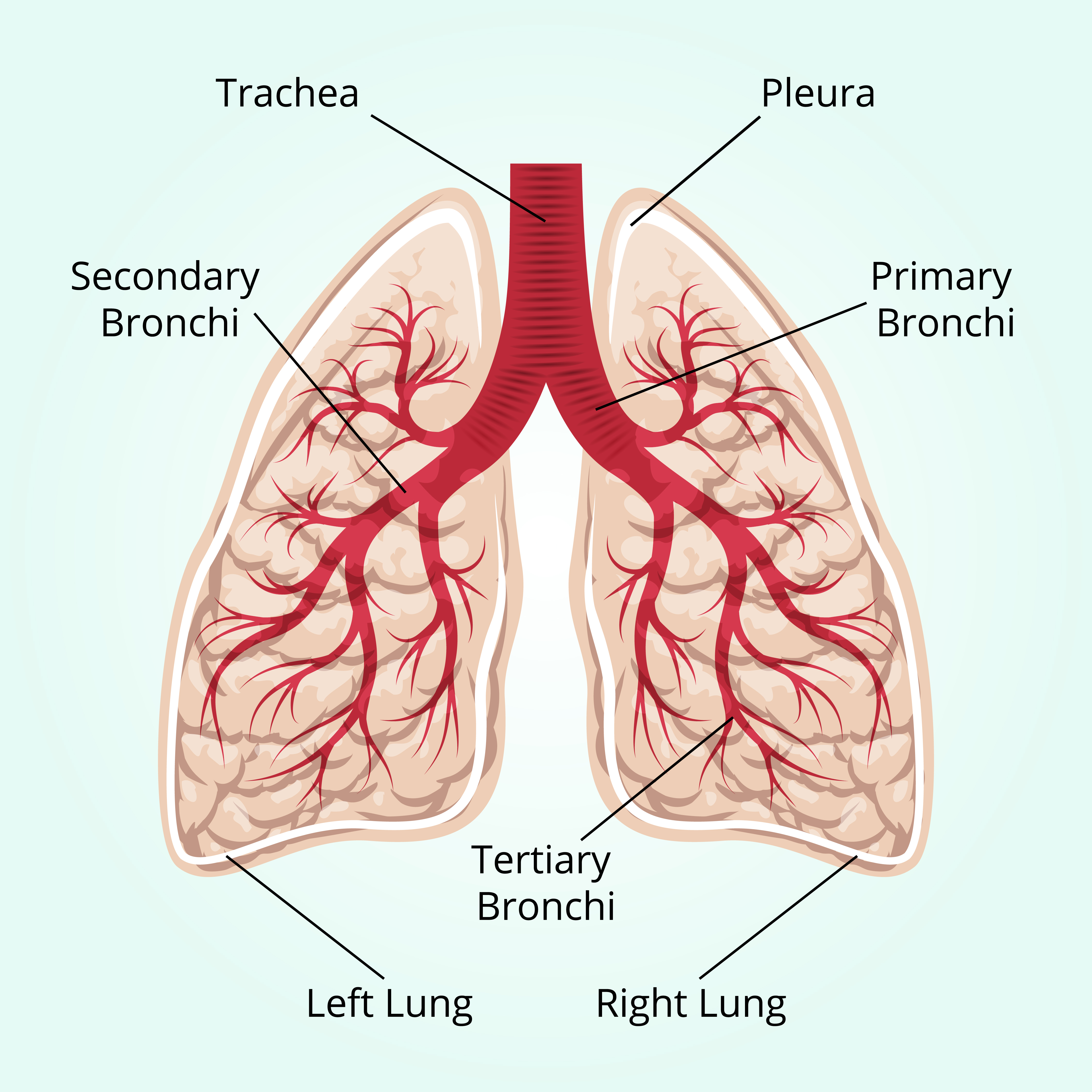In a recent study entitled “Comparison of clinical characteristics and outcomes between aspiration pneumonia and community-acquired pneumonia in patients with chronic obstructive pulmonary disease,” authors report that COPD patients with aspiration pneumonia (AsP) exhibit higher levels of mortality when compared to those with community-acquired pneumonia (CAP), an important phenotype for clinicians to consider. The study was published in the BMC Pulmonary Medicine journal.
Chronic obstructive pulmonary disease (COPD) is a lung disease characterized by impaired airflow with worsening symptoms escalating with time. COPD patients frequently exhibit dysphagia (difficulty or discomfort in swallowing) leading to the development of aspiration pneumonia (AsP), a bronchopneumonia that develops due to difficulties in swallowing and results in the entrance of foreign materials (oral or gastric contents, including food, saliva, or nasal secretions) into the bronchial tree. Additionally, COPD is also a risk factor for acquiring community-acquired pneumonia (CAP), which develops in people having a limited or no contact with hospital or other medical institutions.
In this new study, researchers compared COPD patients’ clinical characteristics and outcomes with AsP or CAP, especially since this information is rather limited in COPD-AsP patients that are hospitalized. To this end, they used a national inpatient database in Japan. They observed that AsP patients are usually older and exhibit a more severe pneumonia than the CAP group. This resulted in significantly higher mortality among the COPD hospitalized patients with AsP when compared to the CAP group: while 12% of CAP patients died in the hospital, this number increased to 22.7% in the AsP group. Additionally, AsP patients required longer hospitalizations (21 days) versus 15 days for CAP patients.
Yasuhiro Yamauchi, a research associate in the Division for Health Service Promotion at The University of Tokyo and study first author noted, “The present study showed [aspiration pneumonia (AsP)] in COPD patients to be associated with higher short-term mortality — even after adjustment for patient backgrounds.”
Although the team recognizes some limitations to their study, as the authors noted, “The diagnoses of COPD, AsP and CAP were based on physician-based assessments. The accuracy of the diagnoses was not certified by specialists. However, in normal clinical settings, these diseases are not always diagnosed by specialists, and so we believe the data relating to physician-based diagnosis to be meaningful.” They highlight that the findings suggest COPD patients with Asp or CAP exhibit different clinical characteristics and AsP patients occur in higher rates of mortality than CAP in COPD patients.

